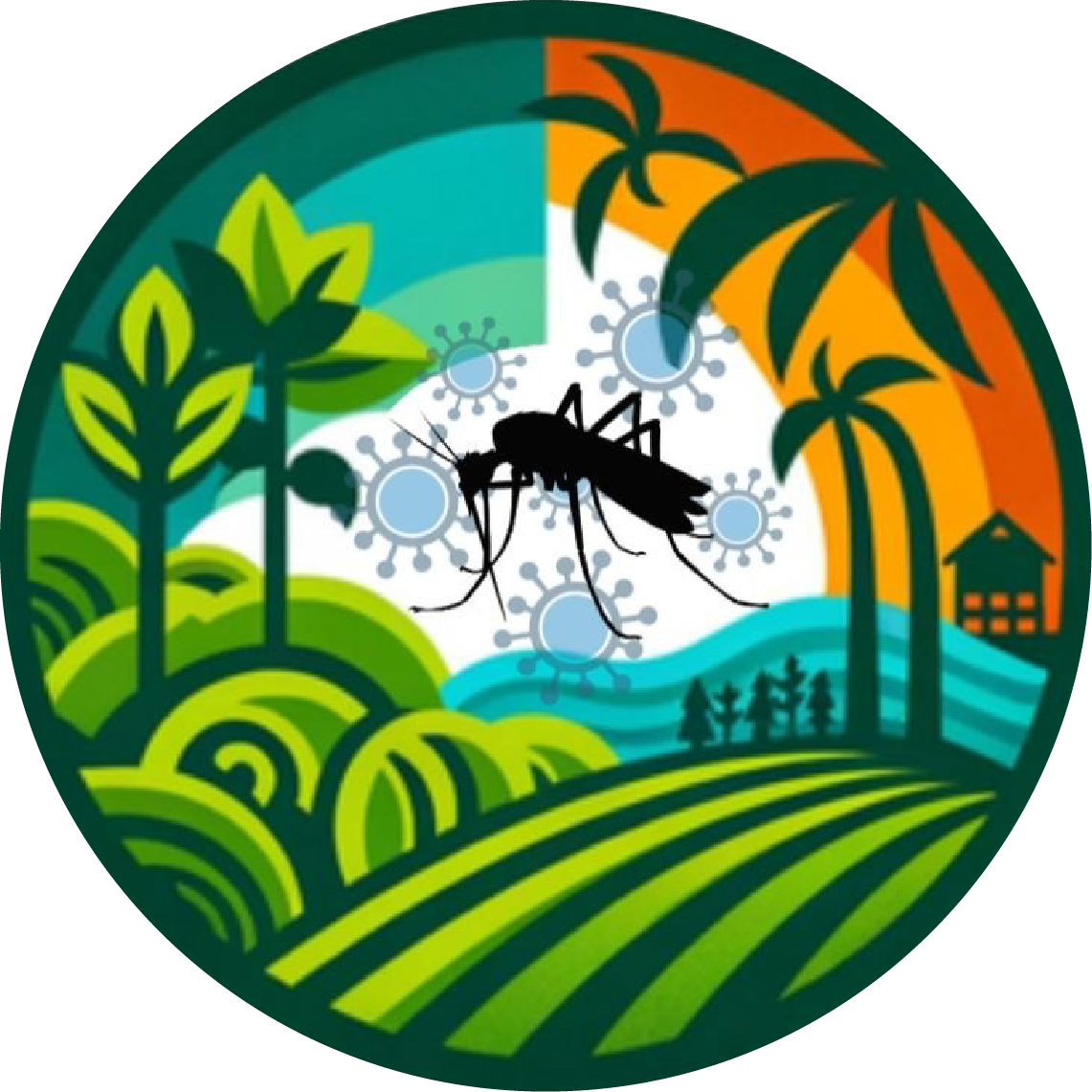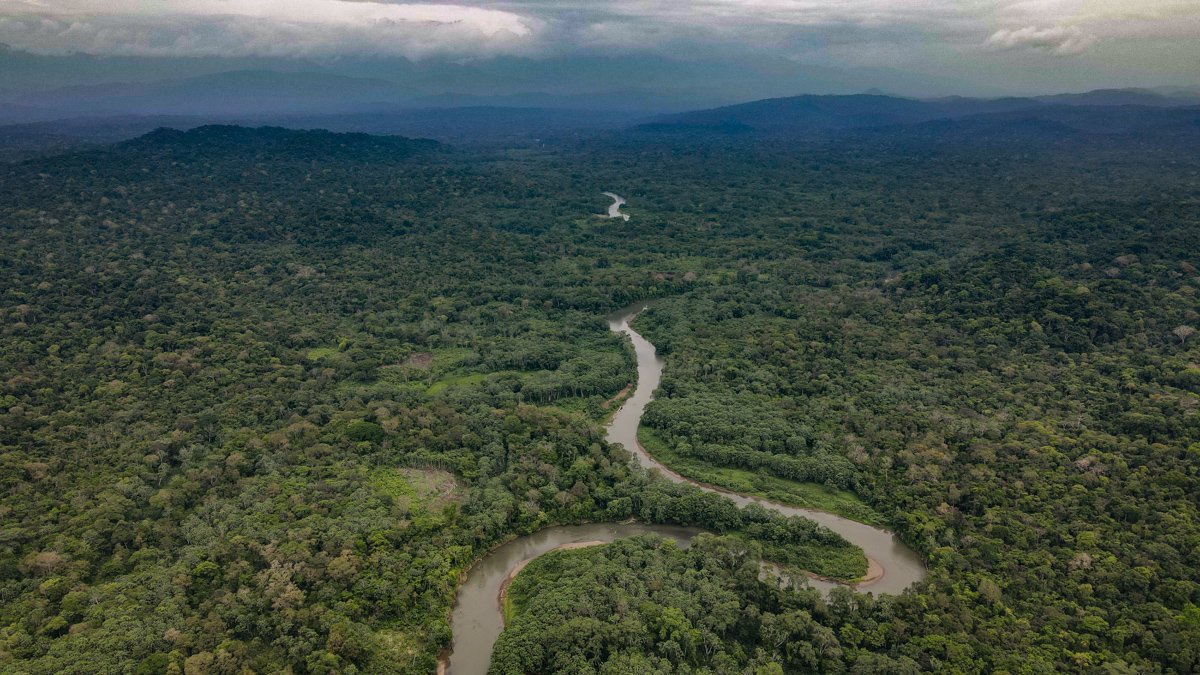AgroEcoHealth
Combines agroecology and health, referring to the study and implementation of sustainable agricultural practices that promote human, animal and ecosystem health. It focuses on how agroecological systems can improve quality of life, reduce disease risks, and promote a healthy balance between agriculture, the environment, and communities.


The AgroEcoHealth project
Is a study led by the University of Florida, the Memorial Institute of Health Studies, the University of New Mexico La Cruces, in collaboration with the Carson Center for Health and Ecosystem Research and the Ancon Sustainable Darien Project. Funded by the National Institutes of Health of the United States of America.

Key aspects of AgroEcoHealth:
• Sustainable Practices: Promotes agricultural methods that preserve biodiversity, improve soil and water quality, and reduce the use of agrochemicals.
• Human Health: Examines how sustainable agricultural practices can improve nutrition, reduce exposure to pollutants and promote healthy lifestyles.
• Animal Health: Evaluates how agroecological systems benefit farm animal welfare by promoting more ethical and healthier farming practices.
• Ecosystem Health: Investigates how agroecology contributes to environmental conservation, including climate change mitigation and protection of natural habitats.
• Interconnectedness: Recognizes the interdependence between the health of humans, animals and the environment, promoting a holistic approach to addressing global health challenges.


